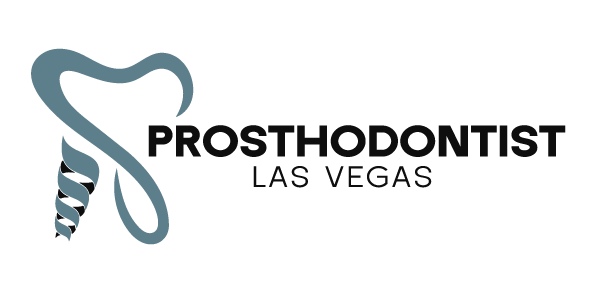Looking for a durable, natural-looking solution to replace missing teeth?
Dental implants could be the answer. They provide a secure, long-lasting foundation for replacement teeth, offering a blend of functionality and aesthetics.
What are Dental implants?
Dental implants are a popular and effective solution for replacing missing teeth. They restore the function and appearance of your smile with a strong, durable foundation that closely mimics natural teeth. This means you can enjoy better chewing, speaking, and overall oral health, all while enhancing the look of your smile.
Dental Implants consist of three main components:
- Implant Fixture: A small titanium post surgically inserted into the jawbone, acting as the artificial root of the tooth. Over time, it fuses with the bone in a process called osseointegration.
- Abutment: A connector is placed on top of the implant fixture. It protrudes through the gum and provides a stable base for attaching the replacement tooth.
- Dental Crown: The final part is fixed on the abutment. This artificial tooth is custom-designed to match the appearance and function of natural teeth.
Benefits:
- Durability: With proper care, implants can last a lifetime.
- Functionality: They restore full chewing ability and improve speaking.
- Aesthetics: Implants look and feel like natural teeth.
- Bone Health: They help preserve the jawbone by stimulating bone growth and preventing bone loss.
Are Dental Implants a Good Solution for You?
Dental implants are a great solution for people who are missing one or more teeth and are looking for a durable, natural-looking restoration.
They are best suited for individuals who have:
- Healthy gums and adequate jawbone structure to support the implants
- Good overall oral health
- A desire for a permanent solution that mimics the look and function of natural teeth
- The commitment to maintain proper oral hygiene and regular dental visits
Frequently Asked Questions
Are Regular Dental Cleanings Necessary?
The European languages are members of the same family. Their separate existence is a myth. For science, music, sport, etc, Europe uses the same vocabulary. The languages only differ in their grammar, their pronunciation and their most common words. Everyone realizes why a new common language would be desirable.
Do I Need to See a Dentist Even If My Teeth Feel Fine?
The new common language will be more simple and regular than the existing European languages. It will be as simple as Occidental; in fact, it will be Occidental. To an English person, it will seem like simplified English, as a skeptical Cambridge friend of mine told me what Occidental is. The European languages are members.
What’s a Dental Cleaning Like at Ruby Canyon Dental?
To an English person, it will seem like simplified English. Their separate existence is a myth. The new common language will be more simple and regular than the existing European languages. It will be as simple as Occidental; in fact, it will be Occidental. To an English person, it will seem like simplified English, as a skeptical Cambridge friend of mine told me what Occidental is. The European languages are members of the same family.
When Should I Change My Toothbrush?
The new common language will be more simple and regular than the existing European languages. It will be as simple as Occidental; in fact, it will be Occidental. To an English person, it will seem like simplified English, as a skeptical Cambridge friend of mine told me what Occidental is. The European languages are members of the same family. Their separate existence is a myth.
How Do I Know If I Have Gum Disease?
The new common language will be more simple and regular than the existing European languages. It will be as simple as Occidental; in fact, it will be Occidental. To an English person, it will seem like simplified English, as a skeptical Cambridge friend of mine told me what Occidental is. The European languages are members of the same family. Their separate existence is a myth.

